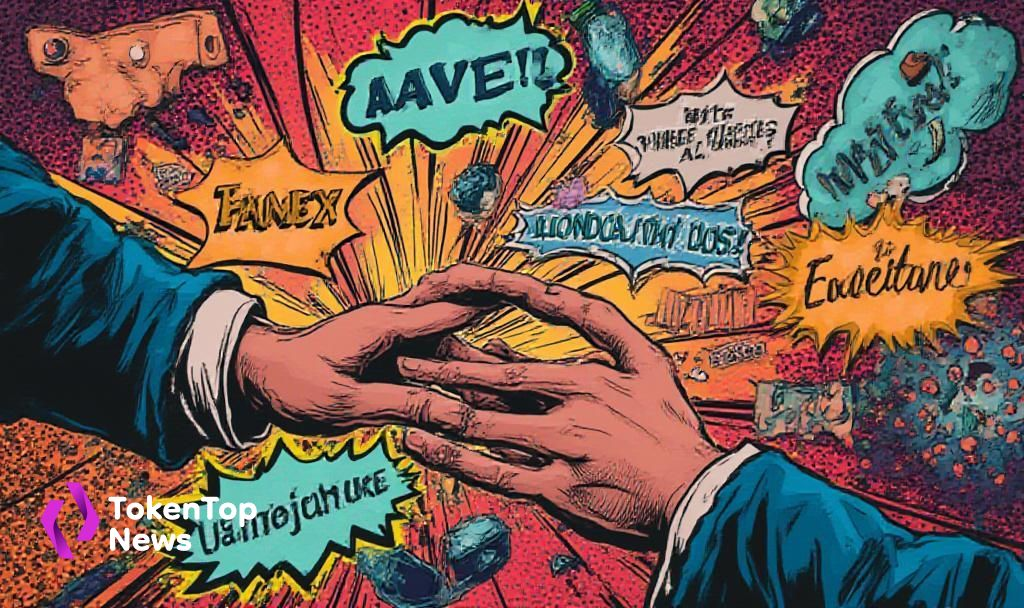Aave Partnership with WLFI Sparks Controversy Over Token Allocation
- Stani Kulechov confirms WLFI partnership, sparking internal debate.
- Conflicting reports about Aave’s 7% WLFI token share.
- Market volatility reflects uncertainty surrounding WLFI deal.

Aave’s rumored partnership with World Liberty Financial involves a potential 7% WLFI token acquisition and revenue share, sparking debates and lacking official confirmation as of August 23, 2025.
Market reactions include AAVE price swings amid uncertainty, highlighting potential credibility issues in DeFi if alleged promises remain unfulfilled.
Aave is in the spotlight over a rumored 7% token allocation from WLFI. The purported deal includes receiving 20% of the protocol fees but lacks on-chain verification or DAO approval, raising community skepticism.
Stani Kulechov, Aave’s founder, claims a substantial partnership with WLFI, valuing it at $2.5 billion. However, WLFI representatives have denied these allocations, casting doubt on the deal’s authenticity. Community figures express concern over compliance and transparency.
The supposed arrangement would significantly impact Aave’s treasury, potentially increasing its financial resources. However, market reactions have been volatile, with AAVE’s price experiencing wide fluctuations due to the uncertainty surrounding the partnership.
The financial implications of this deal could reshape perceptions of both AAVE and WLFI within the DeFi sector. Inconsistent information has fueled price instability and raised questions about token distribution integrity.
Observers note the potential for Aave to legally challenge WLFI if the terms are violated. This raises regulatory questions regarding transparency in token allocations. The lack of official confirmation underscores the obstacles faced by startups amid intricate legalities.
Historical trends in the DeFi landscape suggest projects must maintain clear communication to avoid adverse market and reputational outcomes. Ongoing sector analysis indicates regulatory scrutiny may increase, highlighting the importance of robust governance frameworks.





